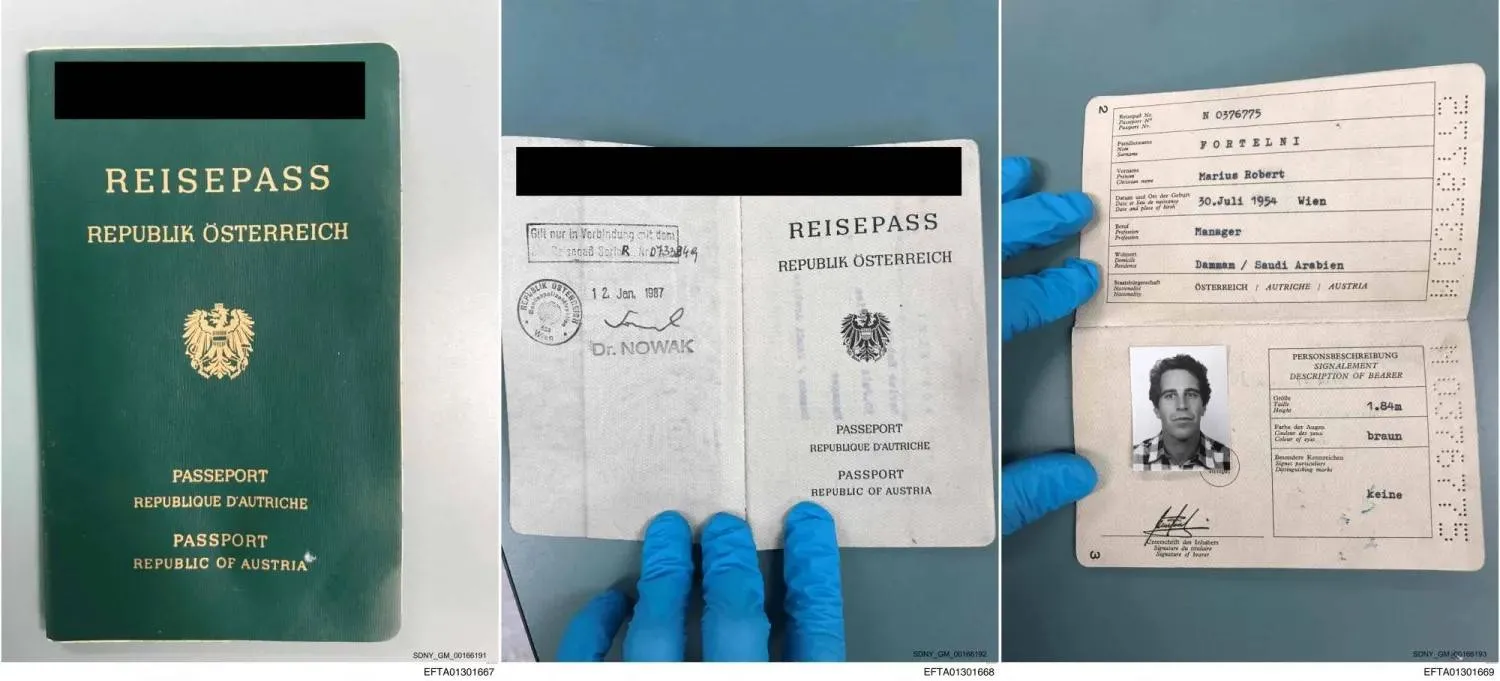A plane trying to make an emergency landing at an airport in northeastern Ohio crashed, killing all three people aboard, authorities said.
The Federal Aviation Administration said Saturday that the twin-engine Beechcraft 60 went down near the Youngstown-Warren Regional Airport in Ohio at about 6:45 p.m. Friday.
The Ohio State Highway Patrol post in Trumbull County, which was notified shortly after 7 p.m. Saturday, said the crash just north of the airport killed the pilot and two passengers. The families of the victims have been notified and names are to be released later, an official said.
Anthony Trevena, executive director of the Western Reserve Port Authority, told WKBN-TV that the crash came after an airplane not associated with the air reserve station at the airport came in for an unscheduled emergency landing. A mechanical failure is suspected, the station reported.
The National Transportation Safety Board will investigate, the FAA said in a statement.
Plane Crash Near Ohio Airport Kills 3

A view of an exterior of the US Department of Transportation Federal Aviation Administration in Aurora, Illinois, September 26, 2014. REUTERS/Jim Young

Plane Crash Near Ohio Airport Kills 3

A view of an exterior of the US Department of Transportation Federal Aviation Administration in Aurora, Illinois, September 26, 2014. REUTERS/Jim Young
لم تشترك بعد
انشئ حساباً خاصاً بك لتحصل على أخبار مخصصة لك ولتتمتع بخاصية حفظ المقالات وتتلقى نشراتنا البريدية المتنوعة







